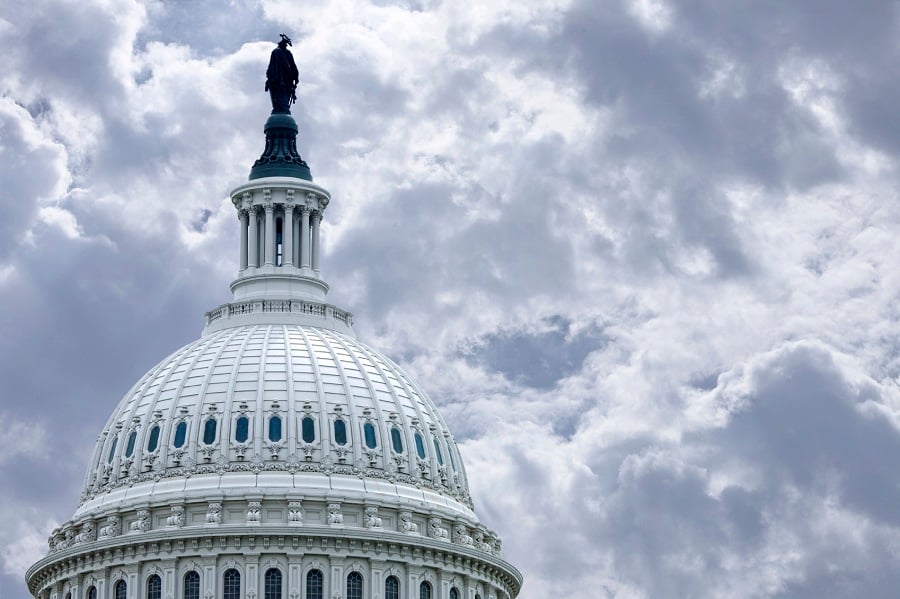

While the presidential election is still technically undecided, the likely outcome of a Joe Biden victory and a divided Congress has produced a collective sigh of relief from the financial services industry. It might say more about the workings of government than it does about the financial markets, but the general consensus among some financial professionals is that gridlock is good.
“We expect divided government to be good for stocks as there are unlikely to be big changes on taxes and no big green new deal as moderates push back on the more progressive wing as the Democratic House lost as many as 10 seats,” said Bryan Beatty, partner and senior adviser at Egan Berger & Weiner.
“The markets like clarity and consistency, and a divided government will give us probably the least change that could have come from this election,” Beatty said. “The markets like knowing that tax policies aren’t going to change dramatically.”
While it is basic economics that taxes create friction, it is worth noting that the stock market chugged along quite nicely for 30 years prior to President Donald Trump’s sweeping cuts to corporate and individual taxes.
But with even a modest corporate tax hike virtually off the table as long as the Republicans control at least one house of Congress, the picture is clearer and the markets are content, said Chris Haverland, global asset allocation strategist at Wells Fargo.
“It doesn’t really matter which party’s in power and the markets can learn to live with whoever is in office, because it’s really the economy and corporate earnings that drive markets,” he said. “At the end of the day, a divided government is a win for corporate earnings and most likely equity prices.”
Research by the Wells Fargo Investment Institute shows a normal pattern of increased market volatility leading up to presidential elections, followed by decreased volatility once the election results are final.
Since 1988, the S&P 500 Index has gained an average of 13% in the 12-month periods following presidential elections, which compares to an 8% average gain for the same period in nonelection years.
Based on that data, combined with the prospect for a divided government, Haverland said the outlook favors U.S. equities over international equities and large-cap stocks over small-cap stocks.
“Despite our preference for a Republican president, and despite our suspicion that the election was fraught with fraud at every turn, we believe the S&P will progress and the economy will move forward,” said Tim Holsworth, president of AHP Financial Services.
Jon Ulin, managing principal of Ulin & Co., is also “bullish on stocks going into 2021 under a Biden presidency.”
“A split Congress is positive news for the stock market as it will not be anytime soon that President-elect Biden will raise taxes along with increasing regulations on oil, energy, banks and investment companies, all of which may create uncertainty and headwinds for stocks,” Ulin said. “Biden’s goal to expand stimulus measures from individuals to businesses will again juice spending, the economy and stocks as we saw this happen in the second half of 2020.”

Integrated Partners is adding a mother-son tandem to its network in Missouri as Kestra onboards a father-son advisor duo from UBS.

Futures indicate stocks will build on Tuesday's rally.

Cost of living still tops concerns about negative impacts on personal finances

Financial advisors remain vital allies even as DIY investing grows

A trade deal would mean significant cut in tariffs but 'it wont be zero'.
RIAs face rising regulatory pressure in 2025. Forward-looking firms are responding with embedded technology, not more paperwork.
As inheritances are set to reshape client portfolios and next-gen heirs demand digital-first experiences, firms are retooling their wealth tech stacks and succession models in real time.
